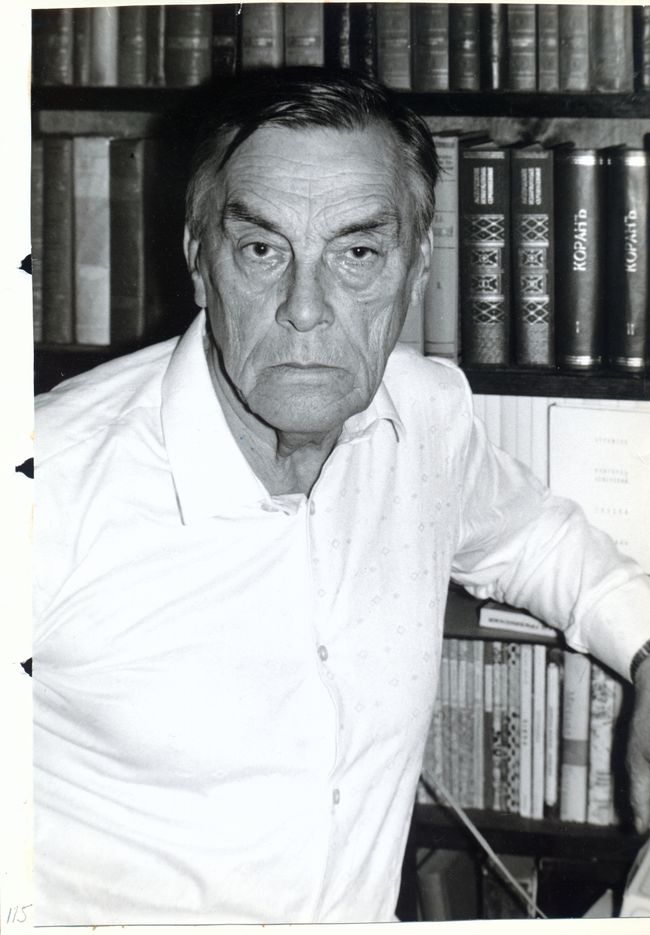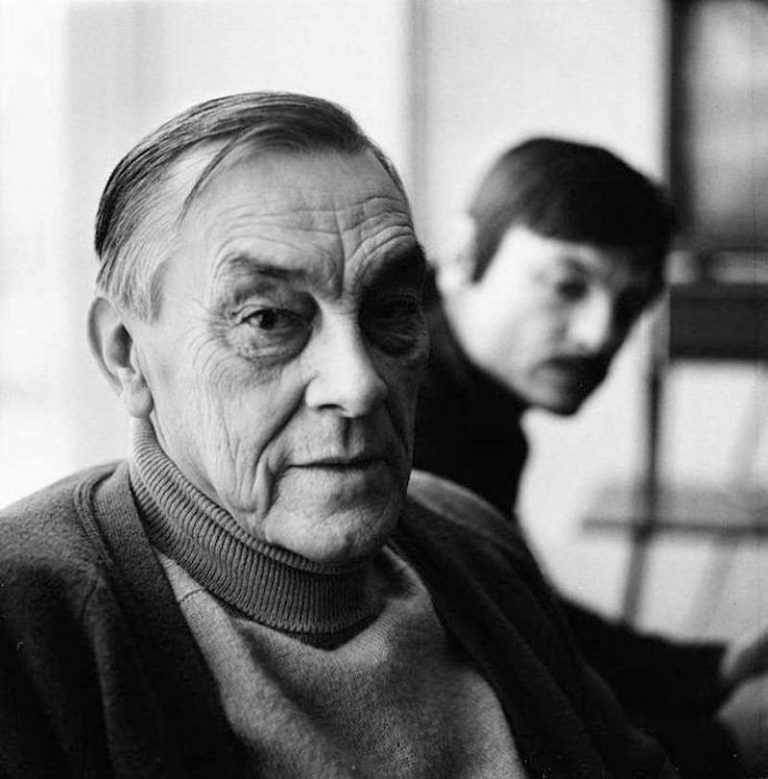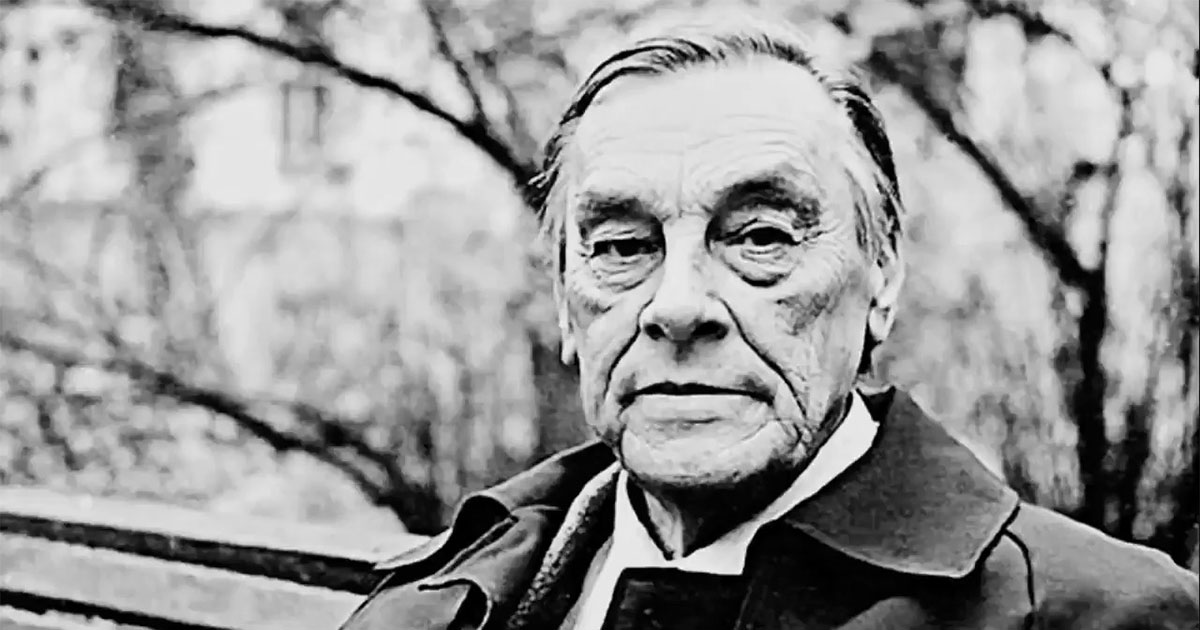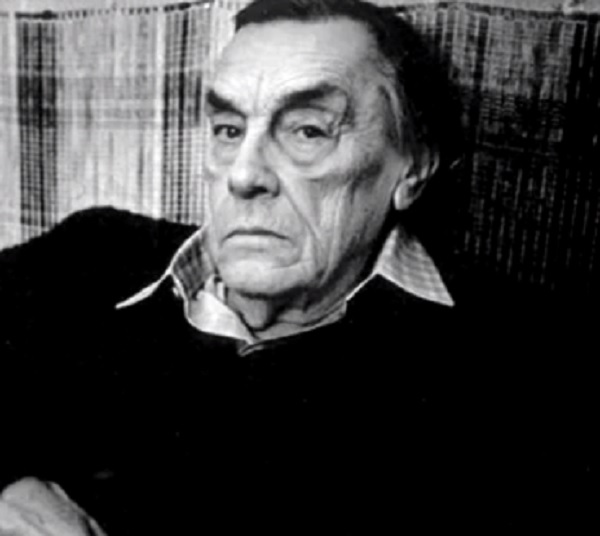
Eight hidden suitcases Meet the Soviet physicist who hosted the USSR’s bestknown underground
Arseny Alexandrovich Tarkovsky (Russian: Арсений Александрович Тарковский, June 25 [O.S. June 12] 1907, Elisavetgrad - May 27, 1989, Moscow) was a prominent Russian poet and translator. His poems appeared in the films The Mirror and Stalker, directed by Andrei Tarkovsky, his son..

Arseny Tarkovsky Книги, Кинорежиссёр, Деятель искусств
Ninety two poems by Arseny Tarkovsky. RuVerses. Arseny Tarkovsky. Arseny Tarkovsky Poems. 1907-1989. 1926. The Lethe's wind is blowing over me. 1929. Before the leaves fall; 1935. On a scrap of paper then I scribbled down the long address. 1938. Rain; 1940. Here`s our table set for six. The Cricket;

Simply Jews Arseny Aleksandrovich Tarkovsky and quandaries of translation
Arseny Tarkovsky (1907-1989), the filmmaker's father, was perhaps the most technically and lyrically accomplished poet of Russia's "War Generation." He worked as a translator of poetry and as a war correspondent. Wounded in action in WWII, he suffered six progressive amputations of his leg.

““ Andrei’s father, Arseny Tarkovsky, Moscow (1937). ” ” Кинорежиссёр
Arseny Alexandrovich Tarkovsky (Russian: Арсений Александрович Тарковский, June 25 [O.S. June 12] 1907, Elisavetgrad - May 27, 1989, Moscow) was a prominent Russian poet and translator. His poems appeared in the films The Mirror and Stalker, directed by Andrei Tarkovsky, his son..

Arseny Alexandrovich Tarkovsky Da così tanto tempo sono nato YouTube
Description Arseny Alexandrovich Tarkovsky was born in the Ukrainian city of Elisavetgrad (now Kirovohrad) in 1907 and moved to Moscow in 1923, working as a newspaper journalist and publishing his first poems. By the late 1930s, he had become a noted translator of Turkmen, Georgian, Armenian, Arabic, and other Asian poets.

Arseny Tarkovsky redes repletas de imortalidade De anima verbum
Sculpting in Time (Russian "Запечатлённое время", literally "Captured Time") is a book by Russian filmmaker Andrei Tarkovsky about art and cinema in general, and his own films in particular. It was originally published in 1985 in German shortly before the author's death, and published in English in 1987, translated by Kitty Hunter-Blair. [1]

Photos Andrei Tarkovsky
Arseny Alexandrovich Tarkovsky was born in the Ukrainian city of Elisavetgrad (now Kirovohrad) in 1907 and moved to Moscow in 1923, working as a newspaper journalist and publishing his first poems. By the late 1930s, he had become a noted translator of Turkmen, Georgian, Armenian, Arabic, and other Asian poets..

Arseny Tarkovsky
Before his death in 1989, Arseny Alexandrovich Tarkovsky (b. 1907) was widely admired as the last Russian Silver Age poet and among the greatest Russian poets of the twentieth century. Tarkovsky once called himself "the youngest branch on the tree of Russian poetry."' He was a colleague, rival,

Arseny Tarkovsky
Arseny Alexandrovich Tarkovsky was born in the Ukrainian city of Elisavetgrad (now Kirovohrad) in 1907 and moved to Moscow in 1923, working as a newspaper journalist and publishing his first poems. By the late 1930s, he had become a noted translator of Turkmen, Georgian, Armenian, Arabic, and other Asian poets..

arseny tarkovsky Archives automachination
Arseny Alexandrovich Tarkovsky was born in Elisavetgrad, Russia. A brilliant linguist, specializing in Asian and Middle Eastern languages, he published his first literary translations in 1932 and worked in this field most of his life; his renderings of the Armenian bard Sayat Nova are still popular in his country..

Andrei Tarkovsky quotes Beauty will save Кинорежиссёр, Исторические фотографии, Деятель искусств
Arseny Tarkovsky 4.40 25ratings1review Want to read Buy on Amazon Rate this book Book by Poetry Paperback First published December 1, 1990 About the author Arseny Tarkovsky 44books70followers Ratings & Reviews What do you think? Rate this book

arseny tarkovsky Archives automachination
Arseny Aleksandrovich Tarkovsky (Russian: Арсений Александрович Тарковский; 25 June [O.S. 12 June] 1907 - 27 May 1989) was a Soviet and Russian poet and translator. He was predeceased by his son, film director Andrei Tarkovsky.

Return All You Took In Poems by Arseny Tarkovsky Harvard Review
Genealogy for Arseny Alexandrovich Tarkovsky (1907 - 1989) family tree on Geni, with over 230 million profiles of ancestors and living relatives. People Projects Discussions Surnames

SỐNG, SỐNG Arsenii Tarkovsky, 1965 Ikarus Airlines
Arseny Aleksandrovich Tarkovsky was born on June 25, 1907 in Elisavetgrad into the family of a Narodnik (a revolutionary-minded person). As Tarkovsky put it himself, he started writing poetry "from the potty". In the Tarkovskys family poetry was a natural form of communication.

Arseny Tarkovsky Кинорежиссёр
Arseny Alexandrovich Tarkovsky was born in the Ukrainian city of Elisavetgrad (now Kirovograd) in 1907 and moved to Moscow in 1923, working as a newspaper journalist and publishing his first poems. By the late 1930s, he had become a noted translator of Turkmen, Georgian, Armenian, Arabic, and other Asian poets..

Poema de Arseny Tarkovsky Los primeros encuentros
Arseny Alexandrovich Tarkovsky (Russian: Арсений Александрович Тарковский, June 25 [O.S. June 12] 1907, Elisavetgrad - May 27, 1989, Moscow) was a prominent Russian poet and translator. His poems appeared in the films The Mirror and Stalker, directed by Andrei Tarkovsky, his son.